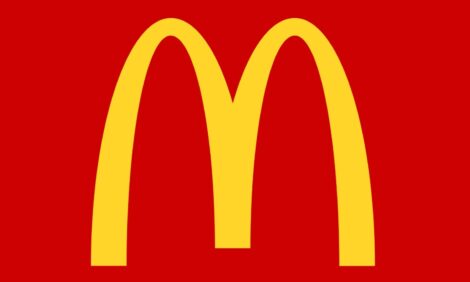



Beef Prices In South Korea Now World’s Highest
US - One-hundred-dollar steaks and gold flaked chocolates once symbolized both the luxury and expense of urban life in Japan, but the U.S. Meat Export Federation (USMEF) now calculates that South Korea has supplanted Japan as the country with the highest average beef prices in the world.
A strong currency and high import duties have coupled to create the distinction, but the continued absence of U.S. beef, which once accounted for half of total beef consumption in Korea, has kept the total market undersupplied and prices to consumers high.
“It’s a dubious honor,” said Phil Seng, USMEF president and CEO. “South Korean consumers are now paying the highest prices for average quality beef, in part because of overly strict import policies toward safe U.S. beef. At current exchange rates, reasonably priced kalbi and bulgoggi meals are no longer within the reach of all Koreans.”
USMEF calculated recent U.S. dollar equivalent prices of two common grain-fed beef items in Seoul and Tokyo markets: Australian short fed chilled rib-eye roll and domestic average quality beef “loin” (Hanwoo and Wagyu A2 grade). At the wholesale level, prices of Australian beef in Seoul and Tokyo were US $20.63 per kilogram (kg) and US $18.30 per kg, respectively.
For domestic Hanwoo and Wagyu A2 loin of equivalent quality wholesale prices were US $26.05 per kg and US $23.83 per kg. In large supermarket chains, Seoulconsumers are paying on average of US $31 per pound for sliced chuck roll while Japanese shoppers can buy equivalent product for $21 per pound.
Korea and Japan maintain high import duties of 40 percent and 38.5 percent respectively on beef imports. But with Japanese imports of U.S. beef running at just 1.4 percent of the pace of 2003 shipments because of shortages of eligible U.S. age-verified cattle, and Korea effectively shut down to U.S. beef imports, the lack of alternative supplies has lead to beef ‘stagflation,’ whereby high prices dampen consumption.
USMEF estimates that beef consumption in Japan and Korea for 2006 will be 794,000 metric tons (mt) and 305,000 mt respectively, down from 936,000 mt and 390,000 mt in 2003.
The U.S. Meat Export Federation is the trade association responsible for developing international markets for the U.S. red meat industry and is funded by USDA, exporting companies, and the beef, pork, lamb, corn, sorghum and soybean checkoff programs.
TheCattleSite News Desk


